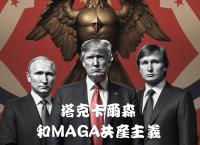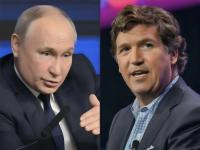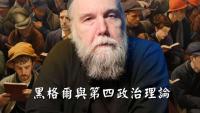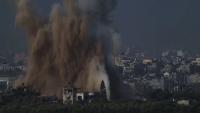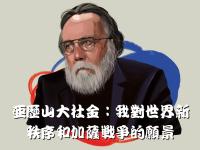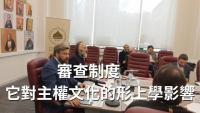Global
为什么塔克-卡尔森的采访被认为对西方和俄罗斯都至关重要?
这场改变世界秩序的战争,不会再有回头路
屠龍記:世界正處於全球戰爭的邊緣
黑格爾與第四政治理論
国际关系中的现实主义
从乌克兰到中东—世界正处于三战边缘
亞歷山大杜金:我對世界新秩序和加薩戰爭的願景
審查制度 — 它對主權文化的形上學影響
达莉亚·杜金娜:中俄互补合作,共同造福非洲
COUNTER-HEGEMONY IN THE THEORY OF THE MULTIPOLAR WORLD
Although the concept of hegemony in Critical Theory is based on Antonio Gramsci’s theory, it is necessary to distinguish this concept’s position on Gramscianism and neo-Gramscianism from how it is understood in the realist and neo-realist schools of IR.
The classical realists use the term “hegemony” in a relative sense and understand it as the “actual and substantial superiority of the potential power of any state over the potential of another one, often neighboring countries.” Hegemony might be understood as a regional phenomenon, as the determination of whether one or another political entity is considered a “hegemon” depends on scale. Thucydides introduced the term itself when he spoke of Athens and Sparta as the hegemons of the Peloponnesian War, and classical realism employs this term in the same way to this day. Such an understanding of hegemony can be described as “strategic” or “relative.”
In neo-realism, “hegemony” is understood in a global (structural) context. The main difference from classical realism lies in that “hegemony” cannot be regarded as a regional phenomenon. It is always a global one. The neorealism of K. Waltz, for example, insists that the balance of two hegemons (in a bipolar world) is the optimal structure of power balance on a world scale[ii]. R. Gilpin believes that hegemony can be combined only with unipolarity, i.e., it is possible for only a single hegemon to exist, this function today being played by the USA.
In both cases, the realists comprehend hegemony as a means of potential correlation between the potentials of different state powers.
Gramsci's understanding of hegemony is completely different and finds itself in a completely opposite theoretical field. To avoid the misuse of this term in IR, and especially in the TMW, it is necessary to pay attention to Gramsci’s political theory, the context of which is regarded as a major priority in Critical Theory and TMW. Moreover, such an analysis will allows us to more clearly see the conceptual gap between Critical Theory and TMW.

